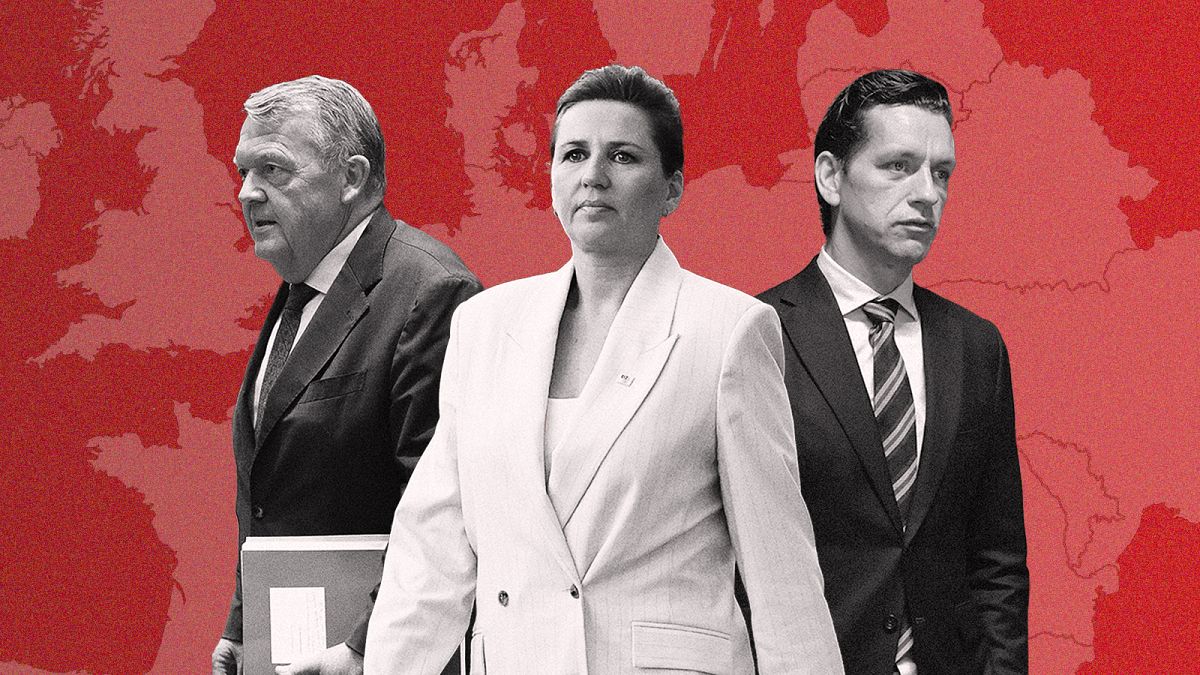

In recent days, several significant developments have emerged on the international stage, reflecting both shifts in diplomatic stances and efforts to maintain peace in regions of conflict. These changes offer an opportunity for reflection and a pathway towards more harmonious global interactions.
In Europe, Denmark’s new approach to migration has sparked attention by intertwining stringent immigration policies with progressive political narratives. This recalibration, though restrictive in nature, has been framed as a means to foster an inclusive and equitable society. As this approach garners attention, it provides an impetus for other European Union members to contemplate their own migration frameworks, potentially instigating a continent-wide rethink.
Further afield, a noteworthy diplomatic gesture has emerged with Canada and Malta announcing their intention to recognize Palestine as an independent state. This move aligns them with other European nations such as France and the United Kingdom, reinforcing a collective movement towards acknowledging Palestinian statehood. The decision came on the heels of a United Nations conference dedicated to discussing a two-state solution to the Israeli-Palestinian conflict. While some key players, notably Israel and the United States, opted out of the talks, the growing recognition nonetheless highlights a shift towards broader international consensus.
In Southeast Asia, Thailand and Cambodia have successfully reaffirmed a fragile ceasefire agreement after experiencing the most intense clashes in years, resulting in tragic loss of life and displacement. The commitment to maintaining peace, despite the underlying tensions, serves as a reminder of the importance of diplomacy and dialogue in resolving disputes and underscores the region’s commitment to peace and stability.
In a related realm, legal proceedings in the United Kingdom have taken a turn with a high court judge granting the co-founder of Palestine Action the ability to challenge the government’s decision to ban the activist group. The ban, imposed under anti-terrorism laws, had the potential to dampen legitimate political expression, a concern underscored by the judge’s remarks about safeguarding public interest and the vital role of free speech. This legal development sheds light on the delicate balance between national security and the protection of democratic freedoms.
These global developments, varied yet interconnected, illustrate the complexity and interconnectedness of contemporary international relations. Each story, from Europe’s recalibrated policies, through North America’s diplomatic recognitions, to Southeast Asia’s efforts to maintain peace, and finally to the UK’s legal discourse on activism, serves as a piece in the intricate puzzle of our global society. Together, they offer hope and a gentle push towards more open, peaceful, and cooperative global relationships.
Source: {link}
